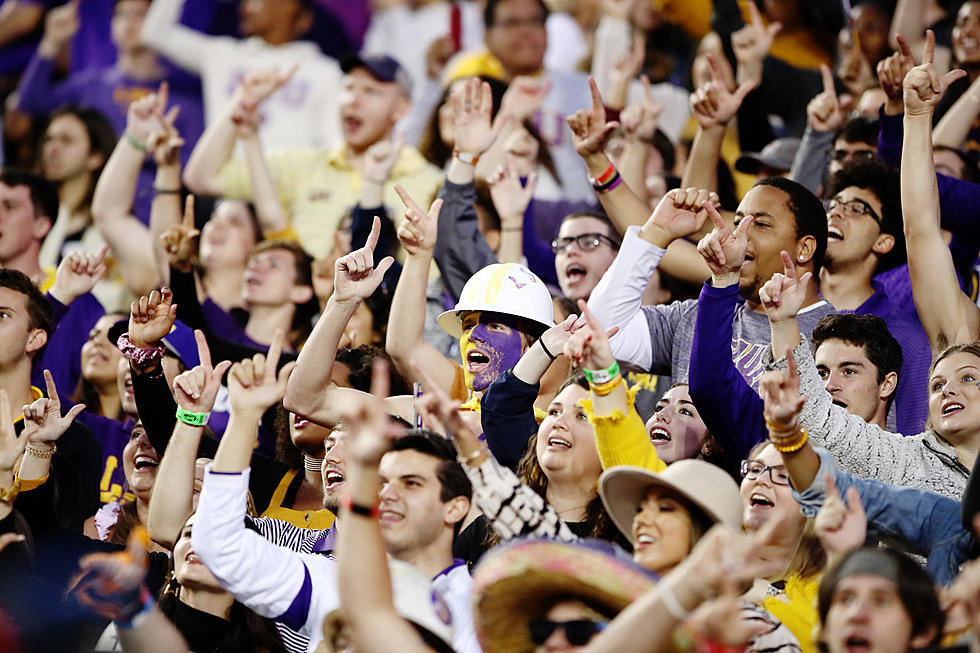
Can the Federal Government Legally Mandate a Vaccine?

Yesterday, President Joe Biden announced a new plan to combat the COVID-19 outbreak. The government's expansive new rules will mandate that all employers with more than 100 workers require them to be vaccinated or test for the virus weekly. The new order will directly impact between 80 and 100 million people.
Before the President finished making his announcements, many Americans had a strong reaction to the plan. Some say it is long overdue, others say it is unconstitutional and illegal. Political figures on both sides of the aisle also either praised or shredded the President's announcement. No matter what you think or feel about the new rules, this will more than likely make it's way to the courts.
Can a Government Body Legally Mandate a Vaccine?
The short answer is yes. There is legal precedent regarding mandated vaccines going all the way back to the early 1900s. In fact, one of the biggest cases involving vaccines and government mandates is Jacobson v Massachusetts from 1905. In that case, Minister Henning Jacobson argued that he shouldn't have to take the smallpox vaccine under the Constitution's promise not to "deprive any person of life, liberty or property without due process of law." Jacobson had a bad experience previously with a vaccine and said he should be forced to take it.
Despite what many thought was strong argument, the Supreme Court handed down a 7-2 ruling that stated that the smallpox vaccine did not violate the 14th Amendment saying "in every well ordered society charged with the duty of conserving the safety of its members the rights of the individual in respect of his liberty may at times, under the pressure of great dangers, be subjected to such restraint, to be enforced by reasonable regulations, as the safety of the general public may demand"
So, in short, the very same argument that is being used against the constitutionality of a COVID vaccine mandate was used against the smallpox mandate in the early 1900s and there's already a strong legal precedent that says it's not illegal if it's for the greater societal good. Jacobson v Massachusetts has been brought up numerous times and was used as precedent as recently as 2020 when court cases came up regarding COVID restrictions.
Can The Federal Government Mandate a Vaccine?
The argument in Jacobson v Massachusetts was made about the State's powers. The big argument you'll see online is that the Federal Government doesn't have the power to issue things vaccine mandates. Which is technically true. They can mandate things for Federal employees and the Army, but not the country as a whole. The Federal Government doesn't have the 'plenary power' to protect the public's health, safety and welfare.
However, as pointed out in an article written by NPR, the Government does have what is considered "gap-filling" powers. For instance, going through a Government body and citing constitutionally enumerated powers regarding things like interstate commerce to issue mandates to people like airline workers. So, could using OHSA to mandate the vaccine or testing legally stand up? It's possible, but a power that has yet to be legally challenged.
Just Because There is Precedent, Doesn't Mean the Feds Can't Lose
For anyone that knows anything about the law, it's not necessarily about what is right or legal, but about the argument that gets made. Just because one argument against a subject has failed doesn't mean that another argument using different cases as precedent can't win.
For instance, Jacobson's argument, at it's core, was that he shouldn't be forced to take the vaccine for medical reasons. And he lost. Plus, it was an argument made about a state mandate, not a federal mandate. So, that doesn't mean that a good lawyer couldn't take a different road and win. Could you make your argument on the foundation of 1st Amendment protections instead of the 14th Amendment and win? Possibly. You have a more conservative leaning Supreme Court at the moment who could lean towards precedent on protection of religious and personal freedoms.
But, on the other hand, many conservative judges, including those currently on the Supreme Court, look up to Justice John Marshall Harlan who wrote the opinion for the Jacobson case. So, if the President's order makes its way to the Supreme Court, it could be a fascinating legal battle.
What are Legal Experts Saying About The President's Order?
Not surprisingly, much like the American Public, many legal minds are at odds over the legalities of the President's order. Congressman Mike Johnson, who is also a Constitutional Lawyer, issued the following statement yesterday following the President's announcement:
President Biden can barely remember what day of the week it is — and now he wants to shred the Constitution and impose a mandate he has no authority to impose or means to enforce. This is yet another brazen overreach by an administration that makes everything it touches worse. In America, we protect the rights of the people to make the best decisions for their own families
According to a report from 11Alive in Atlanta, their legal expert attorney Page Pate gave the following assessment of the President's order, saying there is some basis for the order the President made, but there's never been anything done quite like this:
OHSA does have the ability to require businesses, especially large companies to put in place safety regulations, things that will protect the health and security of the people that work there. So, the theory from the Biden administration, COVID's a big risk, vaccinations work as least as far as serious illness is concerned mostly, so we are going to require people are vaccinated or regularly tested as a workplace safety issue. But, there's never been anything like this done before
Pate does say that he does expect there to be legal challenges to the order and expects there to be lawsuits filed against OSHA. However, he does note that he doesn't see major companies filing suit as it would be a PR nightmare. The suits, he believes, will come from small to medium sized companies.
From the employee suing the employer standpoint, there's not a lot an employee can do, especially if you live in the south where most states are 'at-will' employment states.
What Does This Mean For You?
Whether you are for the President's order or against it, chances are high that it will end up in the courts rather quickly. Which means that enforcement of the order will likely be suspended until there's a definitive ruling. Much like when mask mandates and lockdowns were ordered at the onset of COVID-19.
Many thought those lockdowns and restrictions were unconstitutional and illegal. However, as the courts ruled numerous times, Jacobson v Massachusetts says they were not. Will someone craft a legal argument that deems that the President's new order is unconstitutional and illegal? It's possible. Only time will tell to see how all this plays out. There are mandatory vaccines for everything from smallpox to polio.
However, all those diseases had a mortality rate of 15-40%. Could an argument be made that COVID doesn't meet the threshold of a public emergency that requires a vaccine? Historically speaking, everyone compares COVID to the Spanish Flu pandemic (which had roughly a 3% mortality rate. At this time, COVID sits at less than 1%) and in that case, the flu vaccine was not made mandatory for the general public. That vaccine took several years to develop and was made mandatory of health workers, the Army (that precedent goes back to small pox) and other industries but not the public at large. I'm no lawyer, but there may be an argument to be made there.
We'll just have to wait and see how this plays out in the courts.
America's Most Conservative Presidents Ever
Louisianans Who Ran for President
60 of the Most Famous Graves in Louisiana
More From News Radio 710 KEEL









